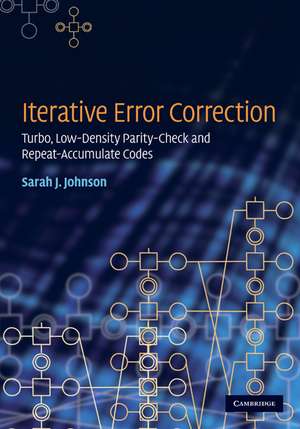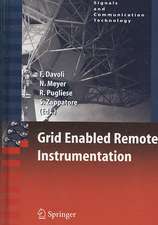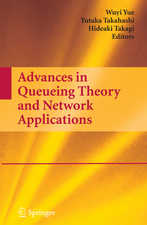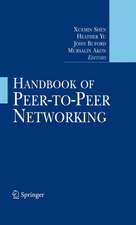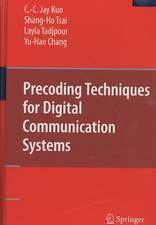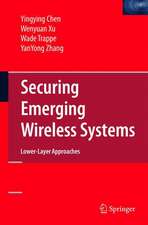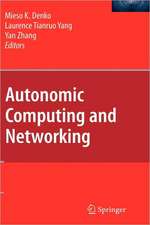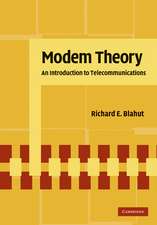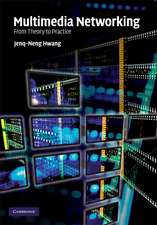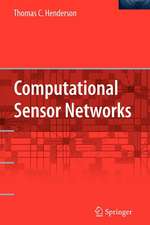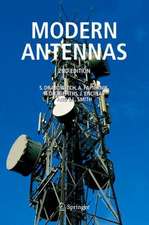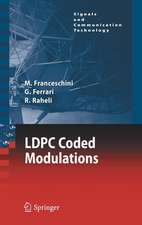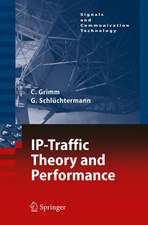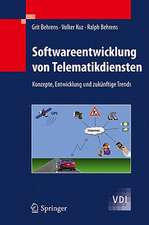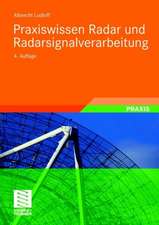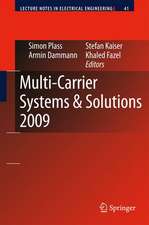Iterative Error Correction: Turbo, Low-Density Parity-Check and Repeat-Accumulate Codes
Autor Sarah J. Johnsonen Limba Engleză Hardback – 18 noi 2009
Preț: 455.48 lei
Preț vechi: 511.78 lei
-11% Nou
Puncte Express: 683
Preț estimativ în valută:
87.18€ • 94.73$ • 73.28£
87.18€ • 94.73$ • 73.28£
Carte tipărită la comandă
Livrare economică 21 aprilie-05 mai
Preluare comenzi: 021 569.72.76
Specificații
ISBN-13: 9780521871488
ISBN-10: 0521871484
Pagini: 356
Ilustrații: 144 exercises
Dimensiuni: 180 x 253 x 21 mm
Greutate: 0.85 kg
Editura: Cambridge University Press
Colecția Cambridge University Press
Locul publicării:Cambridge, United Kingdom
ISBN-10: 0521871484
Pagini: 356
Ilustrații: 144 exercises
Dimensiuni: 180 x 253 x 21 mm
Greutate: 0.85 kg
Editura: Cambridge University Press
Colecția Cambridge University Press
Locul publicării:Cambridge, United Kingdom
Cuprins
1. Channels, codes and capacity; 2. Low-density parity-check codes; 3. LDPC codes: properties and constructions; 4. Convolutional codes; 5. Turbo codes; 6. Serial concatenation and RA codes; 7. Density evolution and EXIT charts; 8. Analysis of finite-length codes.
Notă biografică
Descriere
Presents all of the key ideas needed to understand, design, implement and analyse iterative-based error correction schemes.
